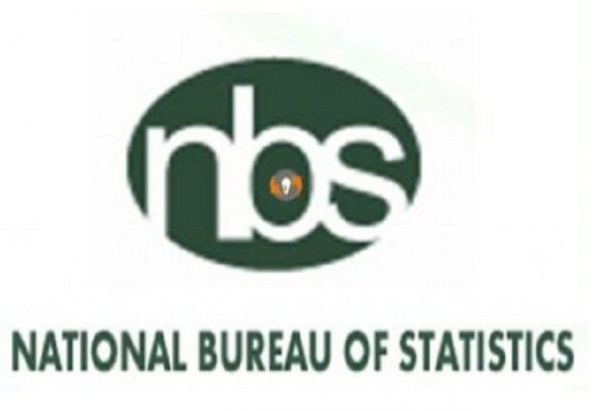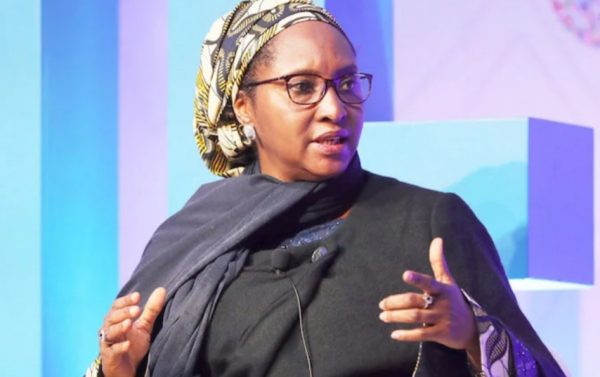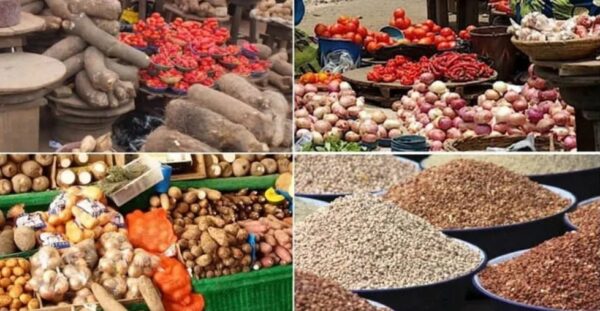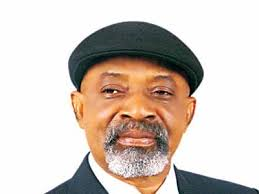Estimated bill consumers rise to 5.85 million – Report
The number of power consumers on estimated billing in Nigeria increased to 5.85 million in the second quarter of 2022, from 5.84 million recorded in the first quarter of this year.
A report on Nigeria Electricity Data released on Tuesday by the National Bureau of Statistics indicated a 0.01m (10,000) increase over the period.
Although not as high as recorded before the power sector was privatised, estimated billing has become a menace, with electricity consumers recently growing stronger apathy against bill payments.
As a result, the power distribution companies have witnessed an increase in the clamour for meters as a way of resolving the challenge posed by estimated billing.
A recent report by media put the total registered customers who were yet to be metered by the Discos at over five million, as findings showed that of 10.5 million registered customers, only 4.8 million had been metered as of December 2021.
Abuja Disco had a total of 1,124,559 registered customers as of the year (2021) under review.
Of the total customers registered under each Disco, Abuja was able to meter a total of 701,781; Benin, 622,429; Eko, 348,016; Enugu, 562,500; and Ibadan, 782,105.
For Ikeja, a total of 719,140 were metered as of the review period; Jos, 210,833; Kaduna, 166,045; Kano, 190,83; Port Harcourt, 404,439; while Yola Disco was able to meter 65,098; bringing total metered customers to about 4.5 million
This implies that out of the over 200 million people in Nigeria, electricity distribution companies’ customer registration exercise has been stagnant at about 10 million.
Media findings were also supported by statistics sourced from the Association of Nigerian Electricity Distributors, which stated that the about 10 million registered customers and 47 per cent metered power users were recorded as at the fourth quarter of 2021.
“At the end of 2021, over 10 million customers are registered, with approximately 47 per cent metered,” the association said in its Commercial KPIs for ANED’s Members Q4/2021 report.
A study of the metering progression on the ANED report showed that as of 2018, 42 per cent customers were metered.
In 2019, the percentage of customers metered dropped to 40 per cent.
Metered customers remained at 40 per cent in 2020, increasing to 47 per cent at the end of 2021.
The Nigerian Electricity Regulatory Commission had, in its quarterly report for the fourth quarter of 2019, stated that as at Q4 2019, inadequate metering remained a serious challenge in the industry, with only 3.9 million (38 per cent) of the total customer population of 10.4 million metered.
Although the number of metered customers increased to 47 per cent with the help of the Federal Government’s National Mass Metering Programme, the number of registered customers remained stagnant at about 10 million as seen in NERC’s report of 2019 and ANED’s 2021 report.
ANED’s spokesperson, Sunday Oduntan, did not respond to enquiries on what the Discos were doing to ramp up metering and eradicate estimated billing.
However, NERC’s Chief Executive Officer, Sanusi Garba, had told media source during an interview that the commission was working closely with the Discos and Central Bank of Nigeria on ramping up metering.
The Federal Government, through the National Mass Metering Programme, offered to meter six million customers in batches.
Spokesperson for Ikeja Electric, Felix Ofulue, recently confirmed to media that the CBN had visited each Disco recently to find out their needs in terms of metering and others.
However, the government’s phase 1 free metering programme billed to start in August is yet to begin.
Metering expert and chartered accountant, Olusesan Okunade, said consumers complaining of high estimated billing were those whose neighbours engaged in energy theft.
“I think between 2019 and now, there have been several people captured into the Discos network because they’ve gone out on a serious drive for people to report energy theft.”
“So whenever you complain that you were given a high bill, you would either know it’s as a result of your consumption, or that there are people who are not captured under the Discos network using electricity for free.”
On the slow metering rate, he advised the Federal Government to provide more support by importing more meters.
Okunade said, “The slow metering issue has to do with so many factors such as foreign exchange. Most Discos have not been able to bring in metres because of the cost as we speak. But the good thing is that the NMMP has assisted them.
“So if the government can deploy more into bringing in some metres, even if the consumers are going to spread the cost or factor it into their bills, it will be an advantage.
“Government needs to get involved and monitor the DisCos while they are at it. The purchasing power of the consumers is very low as we speak. So, the government’s intervention will go a long way.”








